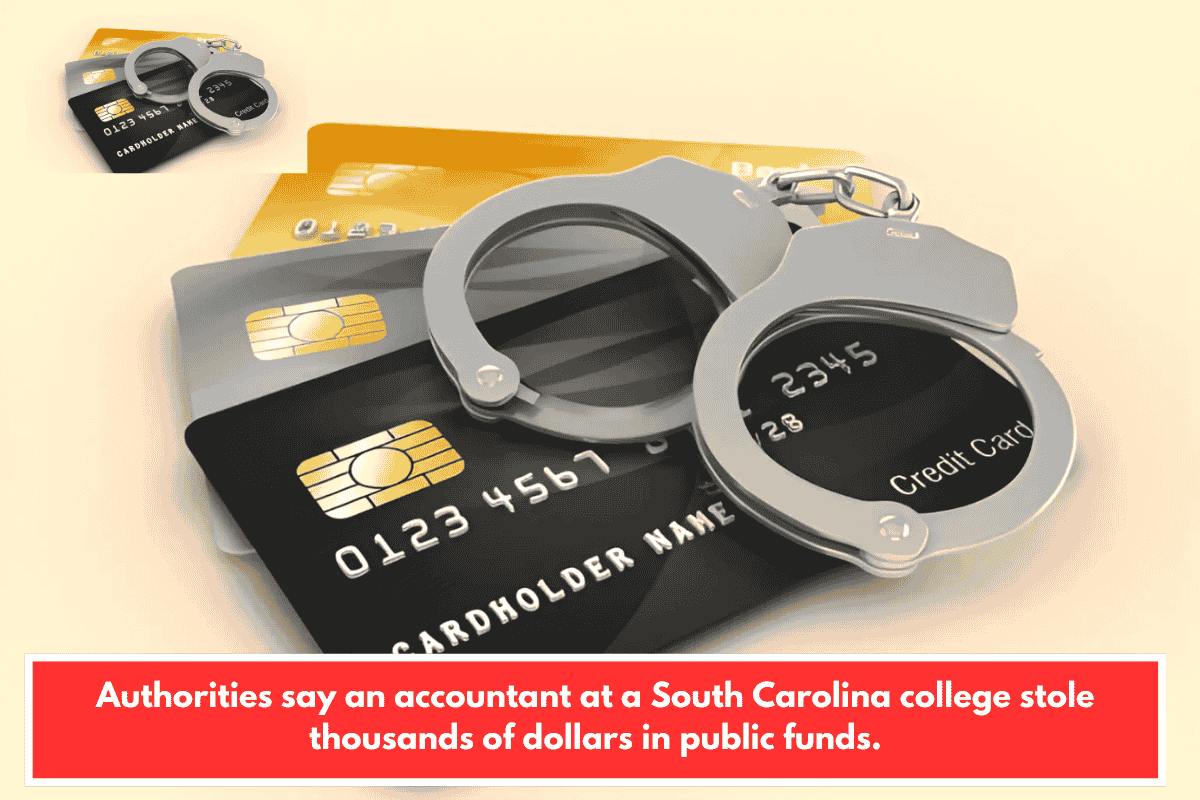Flipping off a police officer in Vermont is generally not illegal—it is considered a form of free speech protected by the First Amendment, as long as it is not accompanied by threats, physical obstruction, or other unlawful conduct.
Legal Background
- First Amendment Rights:
The U.S. Supreme Court and federal courts have repeatedly held that rude or offensive gestures, including giving the middle finger to police, are protected speech. Such acts alone do not constitute a crime. - Vermont Law:
Vermont statutes do not specifically criminalize disrespectful gestures or language toward police officers. Laws that could apply—such as impeding a public officer, disorderly conduct, or obstruction of justice—require more than a mere gesture; they generally require physical interference, threats, or conduct that disrupts public order.
Possible Police Responses
- While flipping off a cop is not a crime, officers might sometimes react negatively. In rare cases, people have been arrested for related charges such as disorderly conduct or obstruction, but these charges typically do not hold up in court if the only conduct was the gesture itself.
- The term “contempt of cop” describes situations where officers arrest individuals for perceived disrespect, even when no actual law is broken. Such arrests can be challenged and may result in lawsuits for violation of constitutional rights.
What Is Not Protected
- If the gesture is accompanied by threats, physical interference, or actions that impede an officer’s duties, it could cross the line into illegal conduct (such as obstruction or impeding an officer).
- Making the gesture on private property or in a manner that causes a genuine public disturbance could potentially lead to other charges, though these are rare and context-dependent.
What To Do If You Are Arrested or Harassed
- If you believe your rights were violated after flipping off a police officer, you can file a complaint with the police department or seek legal assistance.
Bottom Line:
Flipping off a cop in Vermont is not illegal and is generally protected as free speech, unless it is accompanied by threats or conduct that interferes with police duties. Police may not like it, but the law is on your side if your gesture is non-threatening and non-obstructive.
SOURCES
[1] https://legislature.vermont.gov/statutes/section/20/151/02371
[2] https://www.acluvt.org/en/know-your-rights-police-interactions
[3] https://www.burlingtonvt.gov/DocumentCenter/View/1303/DD01—Law-Enforcement-Role-and-Authority-Ethics-Organizational-Structure-and-Department-Rules-PDF
[4] https://legislature.vermont.gov/statutes/fullchapter/13/067
[5] https://www.gladlaw.org/kyr-cj-vt/














